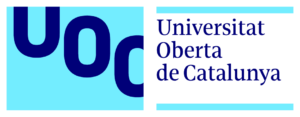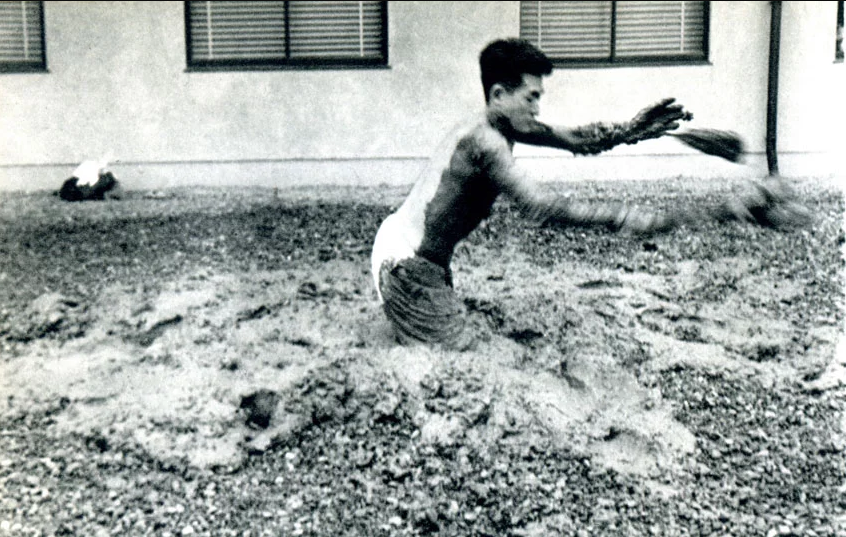Campus de les Arts presents its first international conference entitled INDISCIPLINES, aimed at exploring the hybrid domains of practice-based arts research, with attention to the dynamics of the academy. The conference will be held in Barcelona on 28-30 November 2019.
With INDISCIPLINES we call on researchers and creators to reflect on creative ways of doing, understanding and hybridising research processes in a variety of thematic areas, beyond traditional paradigms and compartmentalised fields of knowledge. Interdisciplinary and transdisciplinary approaches have fundamentally challenged the notion of the ‘discipline’ as a productive force in forms of control and the creation of knowledge. In contrast, the term ‘indiscipline’ arises as a provocation, referring as it does to social and political aspects of research, as well as to the capacity of the arts to give rise to divergent thinking, even in the academy.
The conference theme corresponds to the purposes of Campus de les Arts, a collaborative project involving 20 centres for higher education in the arts in Catalonia, dedicated to the fields of music, theatre, dance, cinema and audio-visual creation, the visual arts, design, fashion and conservation and restoration. Campus de les Arts is a platform of debate and action that has as one of its main articulating axes artistic research and related resources, together with knowledge transfer.
Conference Themes
Consideration will be given to those presentations and proposals that discuss and advance recent debates and theoretical positions, and which focus on one or more of the following 8 interest areas (more complete explanations follow):
1- Academic policies related to artistic research
2- Infraestructures and resources for artistic research
3- Ontological and epistemological frameworks for practice-based research
4- Methodologies in practice and transdisciplinarity in research contexts
5- Challenges of collaborative creative research
6- Involvement of new methodological frameworks, such as arts-based research, community-generated research and arts-education based research
7- Knowledge transfer, ethical and social factors and activist research
8- Academic and non-academic evaluation and validation in artistic research
1.- Academic Policies. Proposals presenting initiatives and/or reflecting on the necessity to rethink the frameworks and policies advancing and legitimising research and knowledge (or not), with specific attention for the specificity of research in arts practice. How do different political and social frameworks contribute to or hinder the development of such perspectives?
2.- Institutional Infrastructures. Proposals on institutions that promote artistic research, with characteristics that are differentiated (or not) from other fields of knowledge. Artistic research outside the academy in institutions for cultural expression (theatres, museums, cultural centres) and non-academic research contexts (a diversity of workshops, seminars and collectives). What spaces and infrastructures, whether tangible or intangible, do these institutions have available to them? What does it mean to design new spaces and environments to favour artistic research? What is the relationship between these spaces and the typology of research developed in them?
3.- Onto-Epistemological Frameworks. Proposals more deeply exploring the onto-epistemological frameworks of research in arts practice. What arguments ground the notion that cultural practice produces knowledge? How do the dilemmas, problematics and strategies related to doing research frame such perspectives? What questions should be dealt with now and in the future from the perspective of research based in arts practice?
4.- Practiced Methodologies. Proposals that examine the growing transdisciplinarity amongst research contexts, leading to reflection on the hybridisation of the methodologies and practices developed, moving beyond traditional distinctions between areas of knowledge (social sciences, education, arts, humanities, pure sciences, engineering, new technologies, and so on), or between quantitative and (post)-qualitative approaches. What are the unique contributions of methodologies grounded in the arts? How are research processes created in a way they might be systematised while still retaining specific identities in exploring affective, aesthetic, somatic, fictional or performative modes?
5.- Challenges of Collaborative Research. Proposals on the proliferation of research grounded in collaborative and community-based practices. Co-creation and creation as socio-cultural mediation. What happens to the researching author when artistic research is collaborative? What challenges emerge in these research practices in relation to authorship, symbolic capital, narrative or ethics?
6.-New Methodological Frameworks. Proposals on new research models and methodologies that point to renewed assessment of artistic contributions. Community-Based Research and stakeholder participation. Arts-Based Educational Research, where teachers and students undertake collaborative research processes. Artist-researchers that collaborate and operate as mediators and facilitators to drive knowledge processes and change in various social contexts.
7.- Knowledge Transfer and Ethical and Social Considerations. Proposals on ways of experimenting with new paths in communicating the processes and results of research, whether in academic contexts, in the specific context of the cultural field in question, or in society in general. What does it mean to do research as cultural and social activism? How might we reflect on knowledge transfer by rethinking current hegemonic systems of impact and replicability? What ethical and political responsibilities might be derived from research grounded in the practice of the arts?
8.- Evaluation and Validation. Proposals focuses on the question of evaluation, often quantifiable, as a system of legitimation and credibility in research practice. In this category we invite presenters to consider and rework the various forms of validation and evaluation available to academic and professional researchers, along with the risks and dilemmas arising from this area.
Organisation: Campus de les Arts
Venues and Production: Universidad de Barcelona / ESMUC
With the collaboration of: CoNCA (Consell Nacional de la Cultura i de les Arts)
—
Image: Kazuo Shiraga performing Challenging Mud at the 1st Gutai Open Air Exhibition, Tokyo, 1955.

